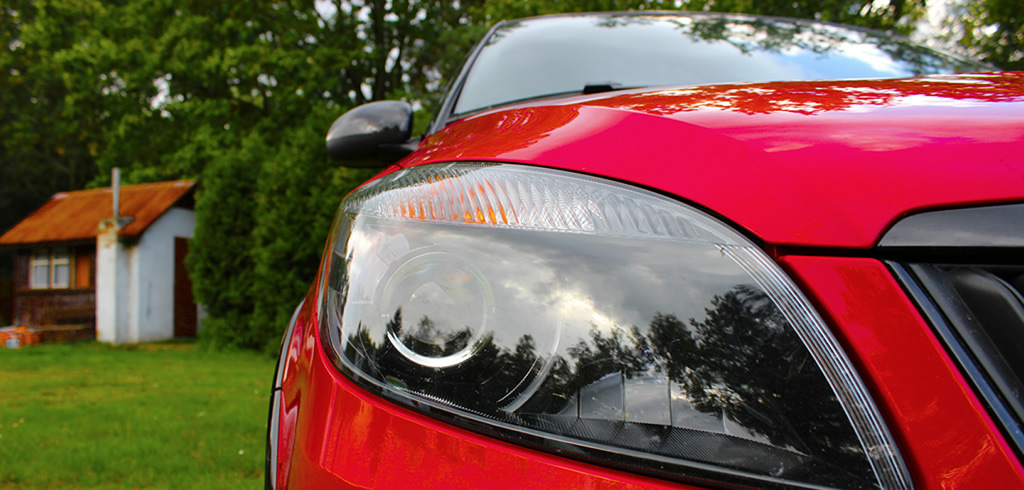Good GCSE and A-level results can open doors to university and future jobs, but the majority of parents offer their children extra incentives for good grades, with prizes ranging from holidays to cars.
Parents across the UK do not believe that the prospects of university admission or future job prospects are enough to motivate their children, with two thirds of British teenagers offered financial rewards for obtaining good grades.
As school pupils across Britain celebrated their A-level and GCSE results last week, research conducted by One Poll reveals that 67% of parents incentivise their kids to succeed.
The survey of 1000 parents showed that a third of parents offered cold hard cash rewards for good grades, with an A* being worth an average of £35.37 per subject, ranging down to a C with an average value of £17.34.
Other rewards offered to teenagers include holidays (15 per cent), expensive dinners with friends (14 per cent), or shopping trips (11 per cent), while six per cent of pupils receiving good grades were offered a car.
Mums tend to be the softer touches, with 70 per cent rewarding their children’s grades, but it is Dad’s who offered the most extravagant and expensive rewards, such expensive holidays and new cars.
For the lucky pupils offered to spend £1000 on a used car, research reveals that the money could be best spent on reliable older models such as the Skoda Fabia or Honda Jazz. Both are in insurance group two and so should not break the bank, even when the young are penalised for their risky behaviours on the roads. It’s a very generous parent that offers their child not only the car, but also the £2500 or more for insurance.
While some children benefit from extra incentives, and parents enjoy sharing the celebration of good grades by offering their children rewards – financial incentives do not necessarily equate with better grades. As girls outpaced boys once again in exam results this year, a 2014 study by Leeds Metropolitan University found that male students are more likely to be incentivised for good grades (66 per cent), compared to their female counterparts (58 per cent).




